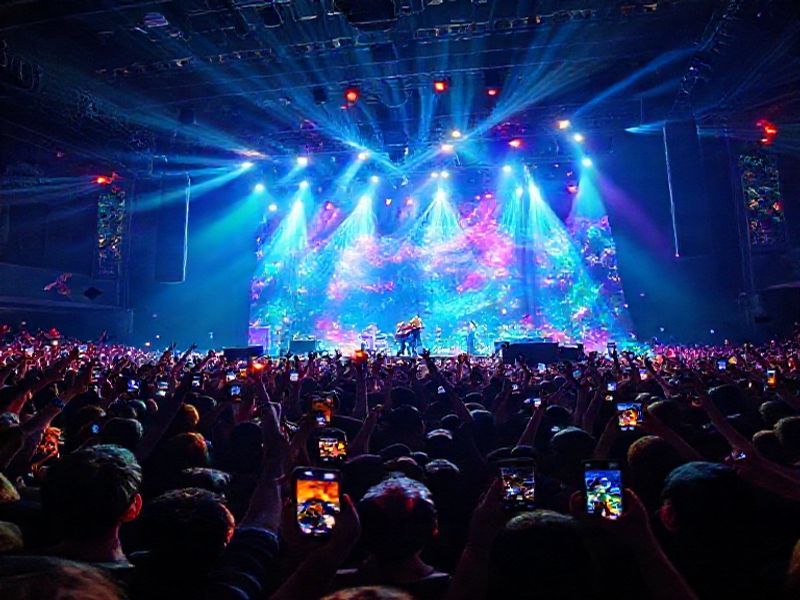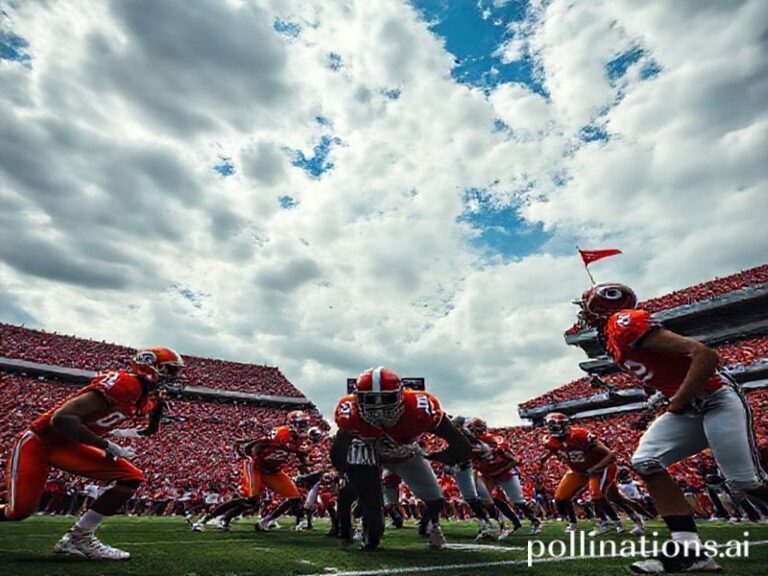Oasis Reunion Tour: Why the World is Losing Its Mind (Again)
# **Oasis Reunion Tour: Why the World is Losing Its Mind (Again)**
Let’s be real—when you thought you’d heard the last of the Gallagher brothers’ bickering, the universe had other plans. The internet is ablaze with news of an Oasis reunion tour, and honestly, we’re all here for it. But why is this trending globally, and what does it mean for music, culture, and our collective nostalgia? Buckle up, because we’re diving in.
### **Why Now? The Cultural Context**
Oasis, the Manchester-based band that defined Britpop in the ’90s, hasn’t been active since 2009. Their breakup was as dramatic as their music—think Liam Gallagher’s iconic “I’m out” moment at a concert, followed by years of legal battles and public feuds. But here’s the thing: time heals all wounds, even the ones involving two brothers who couldn’t share a stage without a meltdown.
The announcement of a reunion tour has sent shockwaves across the globe, and it’s not just because people miss “Wonderwall.” It’s about the cultural moment we’re in. The world is craving nostalgia, a return to simpler times when music felt bigger than life. Oasis wasn’t just a band; they were a phenomenon. They represented a time when music was rebellious, unapologetic, and unfiltered. In an era of algorithm-driven playlists and TikTok trends, the idea of a raw, unfiltered rock band taking over stadiums again is intoxicating.
### **Social Impact: The Power of Nostalgia**
Let’s talk about the social impact. The Oasis reunion tour isn’t just a concert; it’s a cultural reset button. Social media is flooded with memes, throwback posts, and debates about whether Liam or Noel is the better Gallagher. It’s a reminder that music has the power to unite people across generations. Millennials who grew up with Oasis are now sharing their love for the band with Gen Z, creating a beautiful cycle of musical discovery.
But it’s not just about the music. It’s about the experience. Oasis concerts were legendary for their energy, their anthems, and their ability to make you feel like you were part of something bigger. In a world that often feels fragmented, the idea of thousands of people singing “Don’t Look Back in Anger” in unison is a powerful antidote to loneliness and division.
### **What Makes This Significant?**
The significance of this reunion goes beyond the music. It’s a testament to the enduring power of nostalgia and the timeless appeal of rock ‘n’ roll. Oasis wasn’t just a band; they were a movement. They represented a time when music was about rebellion, authenticity, and unapologetic self-expression. In an era where authenticity is often overshadowed by curated personas and viral trends, Oasis stands as a reminder of what music can be.
Moreover, the reunion tour is a statement about the resilience of art. Despite the years of drama, legal battles, and public feuds, the music still stands. It’s a reminder that great art transcends personal conflicts and cultural shifts. It’s a beacon of hope for fans who have waited years for this moment.
### **Conclusion: The World Needs Oasis (Again)**
So, why is the Oasis reunion tour trending globally? Because the world needs it. We need the nostalgia, the energy, and the reminder that music has the power to bring people together. Oasis wasn’t just a band; they were a cultural touchstone, and their return is a celebration of the enduring power of rock ‘n’ roll.
As we gear up for the tour, let’s remember what made Oasis so special in the first place. It’s not just about the music; it’s about the feeling. It’s about the memories, the sing-alongs, and the unapologetic spirit of rebellion. And in a world that often feels like it’s spinning out of control, that’s exactly what we need.
So, grab your parkas, dust off your old Oasis CDs, and get ready to sing your hearts out. The Gallagher brothers are back, and the world is ready to party like it’s 1997 all over again.







